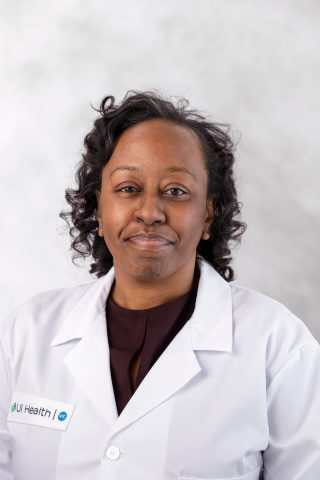
Pexels

As I stood in a restaurant on the south side of Chicago, waiting for my food to be prepared, I looked out the window to view the community around me — liquor store on one corner, convenience store on the next. Only recently did the community get a local grocery store after an absence of more than two years.
Racial and ethnic disparities continue to be issues which impact health outcomes. Socioeconomic status has a major impact on health, potentially affecting access to medical insurance, quality healthcare, clean water, education, nutritious food, housing and transportation, all of which influence health. Access to these social determinants of health can increase or decrease the likelihood of the development of disease.
The urban environment also plays a role in the risk for disease. If persons live in neighborhoods that lack access to quality, nutritious foods, these persons may be eating more calorie dense, nutrient poor foods, and at increased risk for development of obesity, a risk factor for diabetes. Thus, lack of access to places to buy healthy foods is an environmental issue associated with increased risk for chronic conditions such as obesity and diabetes.
Most recently we have seen how COVID-19 has disproportionately impacted persons of color, in particular Hispanics and African Americans. This increase in risk is likely multifactorial and related to such things as chronic medical conditions, lack of access to quality healthcare, distrust of the healthcare system, increased use of public transportation, and increased percentage of minorities working in sectors deemed as essential.
These issues require both short-term and long-term solutions. The biblical health message is the right arm of the gospel and an entering wedge. It is an efficient tool for ministry to the cities. It is a message of health, hope and healing. It is an advocacy tool that can bring about change — change that reduces health illiteracy by increasing knowledge of healthy lifestyle factors; change that advocates for appropriate resources in urban areas such as access to quality and nutritious food, clean air and water, and affordable and quality healthcare; change that educates on the deleterious consequences of substances such as tobacco, marijuana and alcohol; change that transforms lives.
“Medical missionary work is the right arm of the gospel. It is necessary to the advancement of the cause of God as through it, men and women are led to see the importance of right habits of living and the saving power of the truth will be made known. Every city is to be entered by workers trained to do medical missionary work. As the right hand of the third angel's message, God's methods of treating disease will open doors for the entrance of present truth” (Ellen G. White, Testimonies for the Church, Vol. 7, p. 59).
References:
Christina Wells is Health director for the Lake Region Conference.